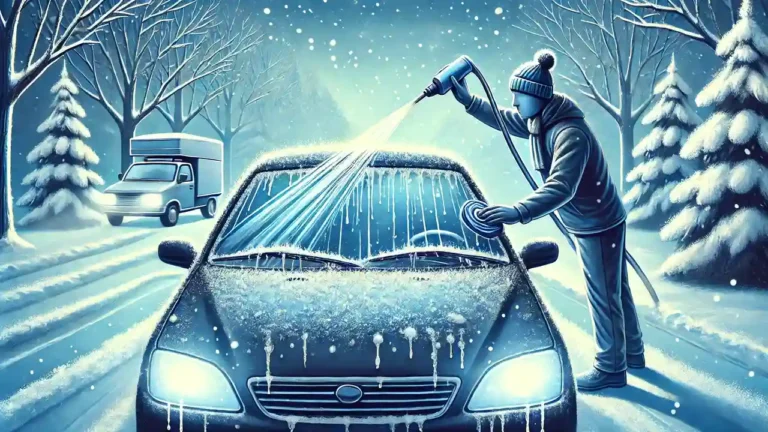Does Heat Burn Gas in a Car?

Does Hot Weather Affect Fuel Consumption?
Yes, heat can indirectly affect gas usage, but it does not “burn” gas directly. High temperatures impact a car’s engine, air conditioning, and fuel system, which can lead to higher fuel consumption under certain conditions.
How Heat Affects Gas Consumption
Does Running the AC Burn More Gas?
Yes, air conditioning significantly increases fuel consumption, especially in stop-and-go traffic. Running the AC can reduce fuel efficiency by 5–25%, depending on driving conditions.
Does a Hot Engine Burn More Gas?
Not necessarily. A properly maintained engine operates more efficiently when warm. However, if the engine overheats, it can cause fuel inefficiency and possible engine damage.
How to Reduce Fuel Consumption in Hot Weather
✅ Use AC Wisely – Set the AC to moderate levels instead of full blast.
✅ Park in the Shade – Prevents excessive fuel evaporation.
✅ Check Tire Pressure – Keeps fuel efficiency optimized.
✅ Keep Up with Maintenance – A well-maintained cooling system prevents overheating.
✅ Drive Smoothly – Aggressive acceleration and braking increase fuel consumption.
Final Thoughts
Yes, heat can increase fuel consumption due to AC use, fuel evaporation, and engine cooling demands, but it does not directly “burn” gas. Practicing efficient driving habits can help reduce fuel waste in hot weather.
FAQs
1. Does heat cause my car to use more gas?
Yes, mainly due to increased AC use, fuel evaporation, and engine cooling needs.
2. How much fuel does the AC consume?
Running the AC can lower fuel economy by 5–25%, depending on driving conditions.
3. Does parking in the sun waste gas?
Yes, fuel evaporates faster in extreme heat, leading to minor fuel loss.
4. Does an overheating engine use more gas?
Yes, an overheated engine can run less efficiently, increasing fuel consumption.
5. How can I save gas in hot weather?
Reduce AC usage, park in the shade, check tire pressure, and drive smoothly to optimize fuel efficiency.





